Golf Gps Or Rangefinder What's Better ?
The choice between a golf GPS or a rangefinder depends on personal preference and playing style. A golf GPS provides accurate distance measurements to various points on the course, including hazards and greens, using satellite technology. It offers a visual representation of the course layout and can provide additional features like score tracking and shot distance measurement. On the other hand, a rangefinder uses laser technology to measure distances to specific targets, such as flags or hazards. It provides precise distance readings and is often preferred by golfers who value accuracy and want more control over their shot selection. Ultimately, the decision comes down to individual needs and preferences, as both options can be effective tools for improving one's game.
1、 Golf GPS: Advantages and limitations of using GPS technology in golf.
Golf GPS: Advantages and limitations of using GPS technology in golf.
Golf GPS devices have become increasingly popular among golfers of all skill levels. These devices use Global Positioning System (GPS) technology to provide accurate distance measurements on the golf course. While they offer several advantages, it is important to consider their limitations as well.
One of the main advantages of using a golf GPS device is its ability to provide precise distance measurements to various points on the course. This includes distances to hazards, bunkers, and the front, middle, and back of the green. This information can help golfers make more informed decisions about club selection and shot strategy, ultimately improving their overall performance.
Another advantage of golf GPS devices is their convenience and ease of use. Most devices are compact and lightweight, making them easy to carry around the course. They also typically come preloaded with course maps, eliminating the need for manual input or downloading updates. Additionally, many GPS devices offer additional features such as score tracking, shot distance measurement, and hole flyovers, enhancing the overall golfing experience.
However, it is important to acknowledge the limitations of golf GPS devices. One limitation is their reliance on satellite signals. In areas with poor satellite reception, such as dense tree cover or hilly terrain, the accuracy of the GPS measurements may be compromised. Additionally, GPS devices may not provide as much detailed information about the course layout as a rangefinder, such as the slope or elevation changes.
Furthermore, some golfers argue that using a GPS device can detract from the traditional aspects of the game. They believe that relying on technology for distance measurements takes away from the skill and judgment required to estimate distances using visual cues and course knowledge.
In conclusion, golf GPS devices offer several advantages, including precise distance measurements and convenience. However, they also have limitations, such as reliance on satellite signals and potential detracting from the traditional aspects of the game. Ultimately, the choice between a golf GPS device and a rangefinder depends on personal preference and the specific needs of the golfer.
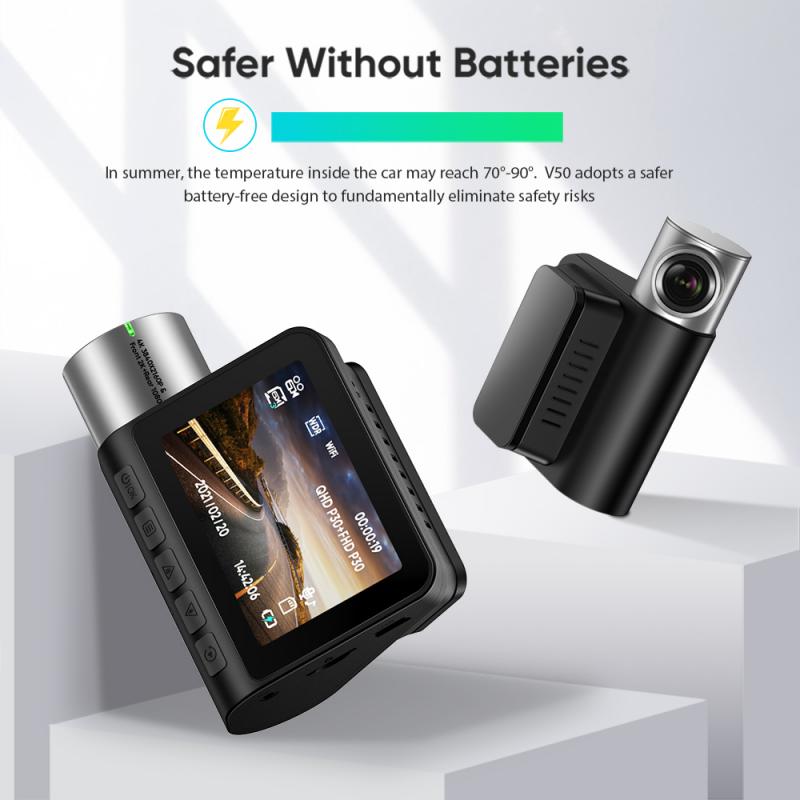
2、 Rangefinder: Pros and cons of using laser rangefinders for golf.
Rangefinder: Pros and cons of using laser rangefinders for golf.
When it comes to choosing between a golf GPS or a rangefinder, it ultimately depends on personal preference and playing style. However, in recent years, laser rangefinders have gained popularity among golfers due to their accuracy and versatility. Here are some pros and cons of using laser rangefinders for golf:
Pros:
1. Accuracy: Laser rangefinders provide precise distance measurements to the flag or any other target on the course. This accuracy allows golfers to make more informed club selections and improve their overall game.
2. Versatility: Rangefinders can measure distances to various targets, including hazards, trees, and bunkers. This versatility helps golfers strategize their shots and avoid potential obstacles.
3. Quick and easy: Rangefinders provide instant distance readings with a simple point-and-shoot mechanism. This saves time on the course and allows players to focus on their game.
4. No subscription fees: Unlike golf GPS devices, rangefinders do not require any additional subscription fees or course updates. Once you purchase a rangefinder, you can use it on any course without any additional costs.
Cons:
1. Line of sight: Rangefinders require a clear line of sight to the target in order to provide accurate measurements. If there are obstacles or if the target is not visible, it may be challenging to get an accurate reading.
2. Steeper learning curve: Rangefinders require some practice to master the technique of aiming and focusing on the target. It may take some time to become proficient in using a rangefinder effectively.
3. Limited information: While rangefinders provide accurate distance measurements, they do not offer additional course information such as hole layouts, hazards, or green undulations. Golf GPS devices often provide more comprehensive course information.
In conclusion, laser rangefinders offer precise distance measurements and versatility on the golf course. However, they may require some practice to use effectively and do not provide as much course information as golf GPS devices. Ultimately, the choice between a golf GPS and a rangefinder depends on individual preferences and playing style.
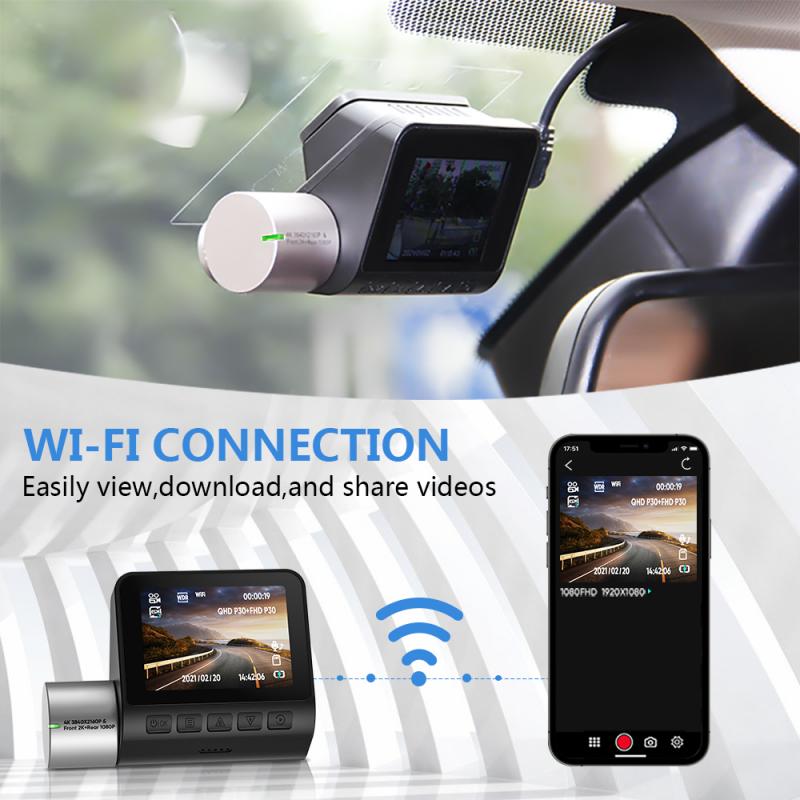
3、 Accuracy: Comparing the precision of golf GPS and rangefinders.
Accuracy: Comparing the precision of golf GPS and rangefinders.
When it comes to accuracy in golf, both GPS devices and rangefinders have their advantages and limitations. Golf GPS devices use satellite technology to provide accurate distance measurements to various points on the course. On the other hand, rangefinders use laser technology to precisely measure the distance to a specific target.
Golf GPS devices offer the advantage of providing distance information to multiple points on the course, including hazards, bunkers, and greens. They can also provide accurate measurements even when the target is not in the line of sight. This makes them particularly useful for golfers who struggle with distance judgment or those playing on unfamiliar courses. However, GPS devices may not always provide the same level of precision as rangefinders, especially when it comes to measuring distances to specific targets.
Rangefinders, on the other hand, offer a higher level of accuracy when it comes to measuring distances to specific targets, such as flags or hazards. They use laser technology to precisely measure the distance, providing golfers with more confidence in their club selection. Rangefinders are particularly beneficial for golfers who prioritize accuracy and precision in their game.
It is worth noting that both GPS devices and rangefinders have improved significantly in terms of accuracy over the years. Manufacturers are constantly working to enhance the precision of their devices, incorporating advanced technologies and algorithms. Therefore, it is essential to consider the latest models and reviews when making a decision.
Ultimately, the choice between a golf GPS device and a rangefinder depends on personal preference and playing style. Some golfers may prefer the convenience and versatility of a GPS device, while others may prioritize the pinpoint accuracy of a rangefinder. It is advisable to try out both options and consider factors such as course familiarity, budget, and individual needs before making a decision.
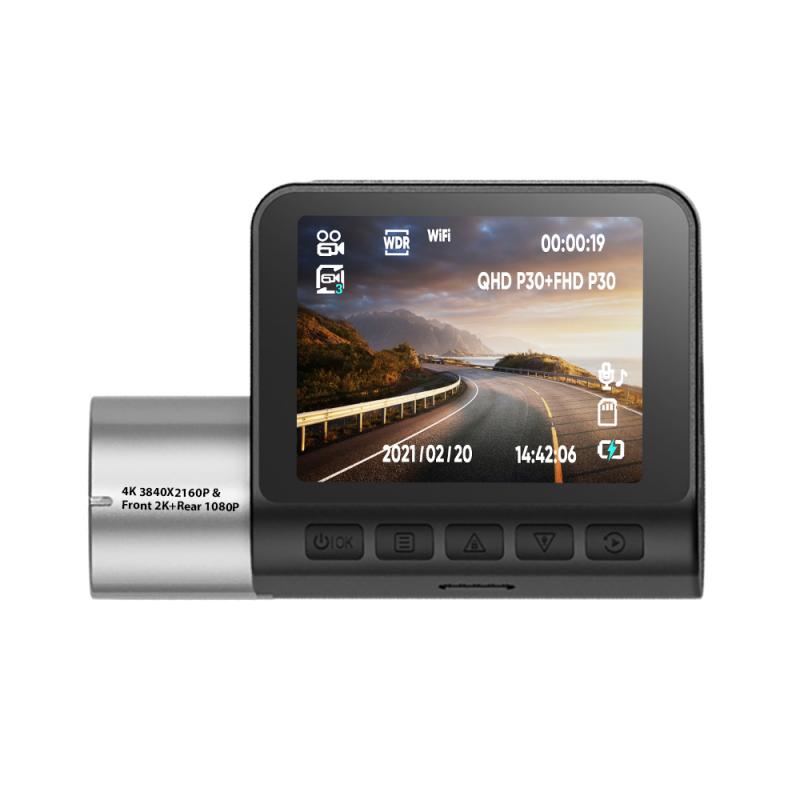
4、 Ease of Use: Evaluating the user-friendliness of GPS and rangefinders.
Ease of Use: Evaluating the user-friendliness of GPS and rangefinders.
When it comes to choosing between a golf GPS or a rangefinder, one important factor to consider is the ease of use. Both devices have their own advantages and disadvantages in terms of user-friendliness.
A golf GPS provides accurate distance measurements to various points on the course, including hazards, greens, and fairways. It typically comes in the form of a handheld device or a smartphone app. The advantage of a GPS is that it provides a visual representation of the course, allowing golfers to see the layout and plan their shots accordingly. It also provides real-time updates on distances, which can be helpful for golfers who prefer to have constant information at their fingertips. However, some golfers may find the small screen size or the need to constantly look at the device a bit cumbersome.
On the other hand, a rangefinder uses laser technology to measure distances to specific targets on the course. It is usually a handheld device that requires the golfer to point it at the target and press a button to get the distance reading. Rangefinders are known for their accuracy and simplicity. They provide precise measurements and are easy to use, requiring minimal interaction with the device. However, rangefinders do not provide a visual representation of the course, which some golfers may find limiting.
In terms of the latest point of view, both GPS and rangefinder technologies have advanced significantly in recent years. GPS devices now offer more detailed course maps and improved accuracy, while rangefinders have become more compact and user-friendly. Some rangefinders even come with slope-adjustment features, which can be beneficial for golfers playing on hilly courses.
Ultimately, the choice between a golf GPS and a rangefinder comes down to personal preference and playing style. Golfers who prefer a visual representation of the course and real-time updates may find a GPS more suitable. On the other hand, golfers who prioritize accuracy and simplicity may prefer a rangefinder. It is recommended to try out both devices and see which one feels more comfortable and intuitive to use on the course.
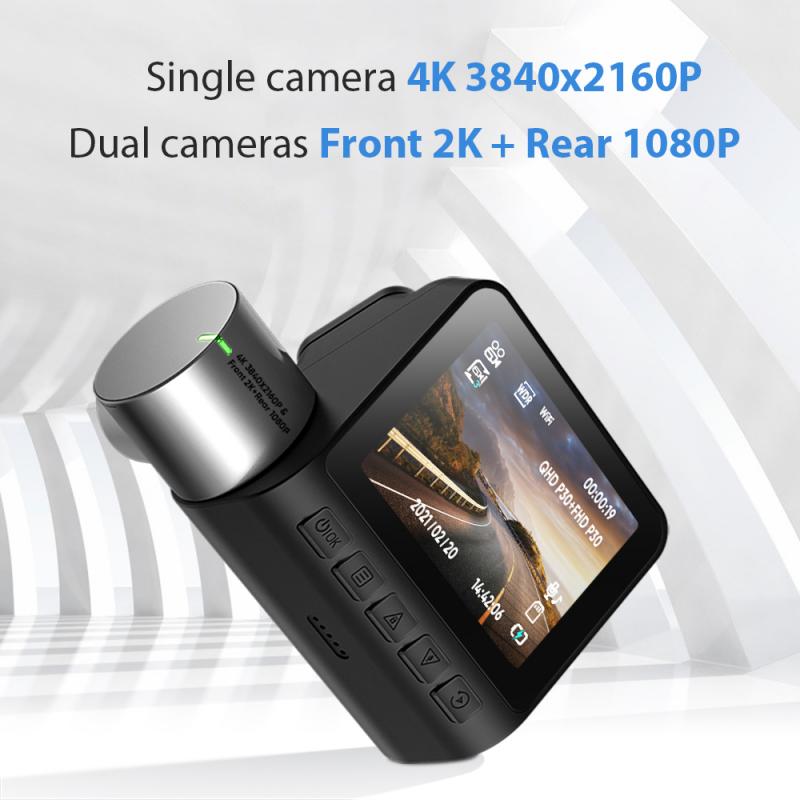




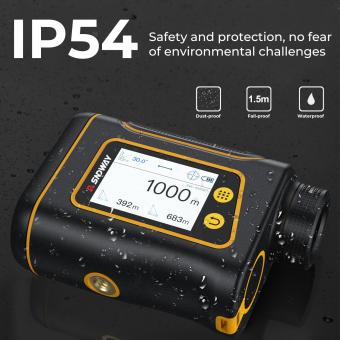




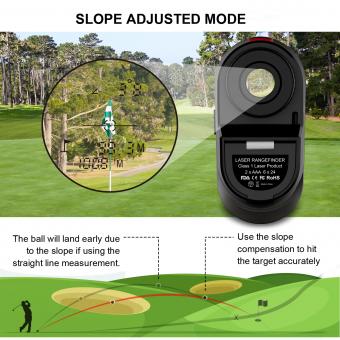

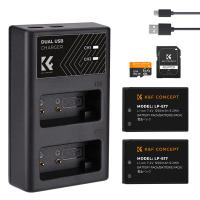
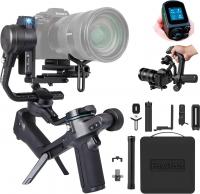
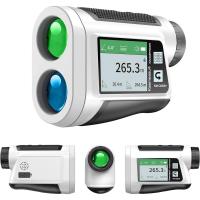
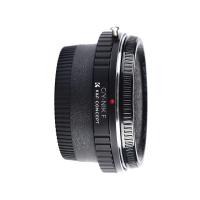
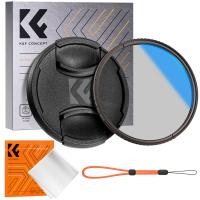
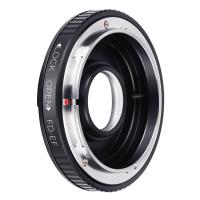
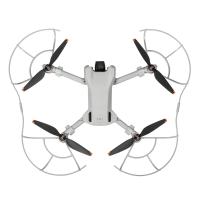

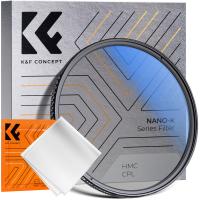
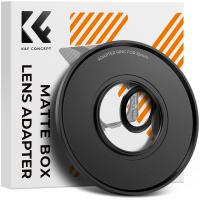
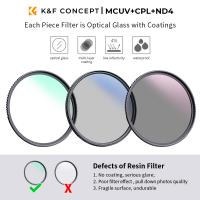
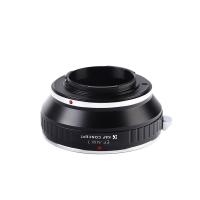
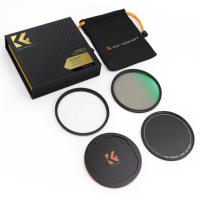
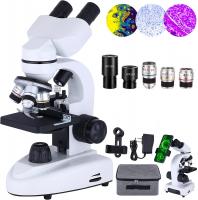
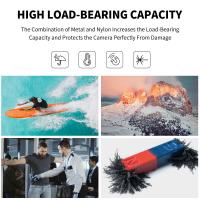
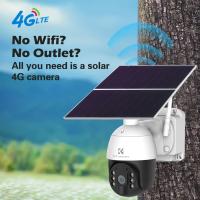
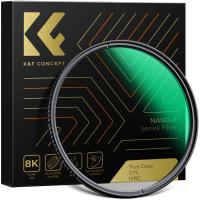
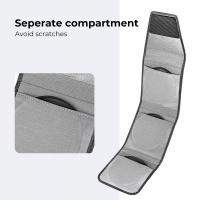


There are no comments for this blog.